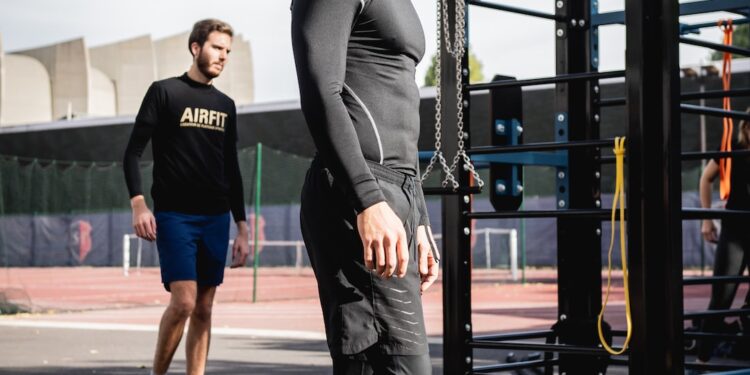How to Overcome a Plateau in Your Athletic Performance
Whether you are a professional athlete or simply someone who enjoys staying active, facing a plateau in your athletic performance can be extremely frustrating. You may find that no matter how much effort you put into your training, you are not making any progress or improving your performance. However, it’s important to remember that plateaus are a normal part of any fitness journey, and with a proactive approach, you can overcome them and reach new heights in your athletic pursuits. Here are some effective strategies to help you push through and break through your plateau:
1. Set Clear and Specific Goals: Having clear and specific goals is crucial in overcoming a plateau. Take the time to assess your current performance and set realistic goals that challenge you. Whether it’s increasing your speed, lifting heavier weights, or improving your endurance, having a target to work towards will give your training a sense of purpose and motivation.
2. Modify Your Training Routine: Plateaus can often occur when your body becomes accustomed to your usual training routine. To overcome this, introduce variety into your workouts. Try incorporating new exercises, changing the order of your exercises, or altering the intensity and duration of your workouts. By constantly challenging your body in new ways, you can prevent it from getting too comfortable and promote continuous progress.
3. Focus on Strength Training: Strength training is a crucial component of any athletic performance. If you’ve hit a plateau, increasing your strength may be the key to breaking through. Incorporate compound exercises like squats, deadlifts, and bench presses into your routine to target multiple muscle groups and build overall strength. Additionally, consider working with a trainer or coach who can guide you in developing a personalized strength training plan that aligns with your specific goals.
4. Prioritize Recovery and Rest: Sometimes, pushing through a plateau requires stepping back and allowing your body to recover properly. Overtraining can lead to plateaus as well as increased risk of injury. Make sure you are incorporating rest days into your training schedule and giving your body enough time to recover and rebuild. Focus on getting enough sleep, practicing active recovery techniques, and fueling your body with proper nutrition to support optimal performance.
5. Analyze Your Nutrition: Proper nutrition is vital for athletic performance. Evaluate your current diet and make adjustments if necessary. Are you getting enough protein to support muscle growth and recovery? Are you consuming the right balance of macronutrients? Consider working with a sports nutritionist who can assess your dietary needs and provide guidance on fueling your body for optimal performance.
6. Seek Professional Guidance: If you’ve been stuck in a plateau for a significant amount of time, seeking professional guidance can be extremely beneficial. A coach or trainer can conduct a thorough assessment of your performance, identify any weaknesses or imbalances, and provide you with a targeted training plan to overcome your plateau. They can also offer guidance on proper technique, form, and injury prevention, helping you to maximize your athletic potential.
7. Stay Persistent and Patient: Overcoming a plateau is not an overnight process. It requires persistence, patience, and consistent effort. Remember that progress may be slow and gradual, but every small improvement is a step in the right direction. Stay committed to your training, trust the process, and celebrate even the smallest victories along the way.
Plateaus are a natural part of any athletic journey, but they don’t have to derail your progress. By setting clear goals, modifying your training routine, focusing on strength training, prioritizing recovery, analyzing your nutrition, seeking professional guidance, and staying persistent, you can overcome your plateau and reach new heights in your athletic performance. Remember, it’s all about pushing yourself, staying motivated, and embracing the journey towards continuous improvement.















